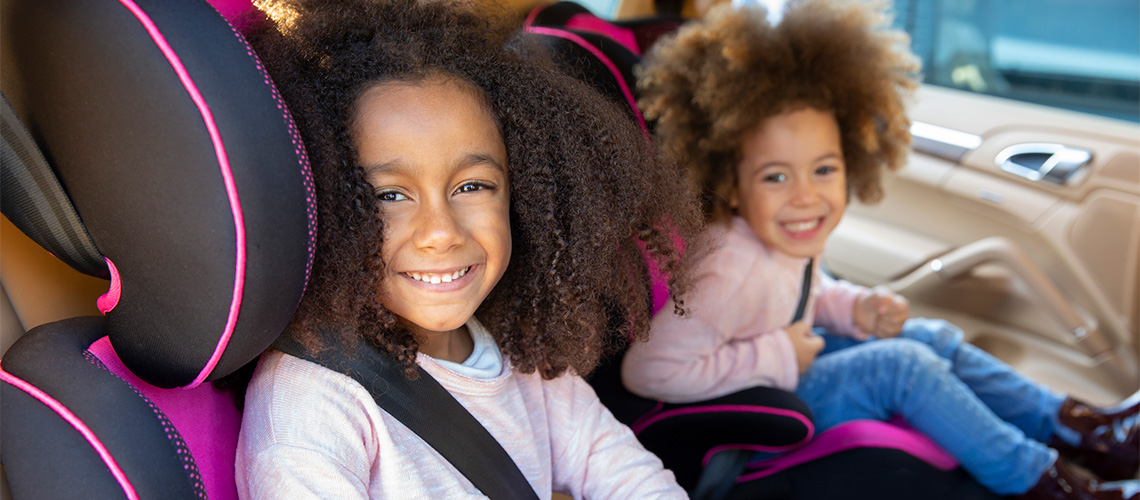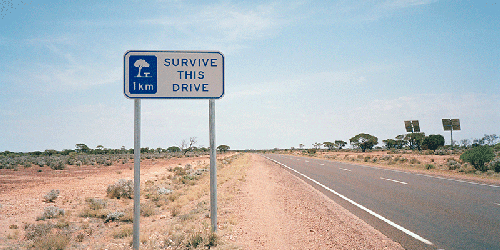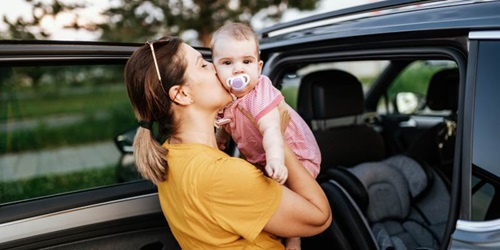Tuesday 30 August 2022: A new report by NRMA calls for free child restraints and professional installations for low income and Aboriginal and Torres Strait Islander families, and a one-off diversion program instead of a fine when children are not properly restrained, to help save young lives.
The NRMA report, Fund Child Seats, outlines the road safety benefits of providing low income and Aboriginal and Torres Strait Islander families with safe child restraints and guidance on how best to install child restraints and move them from car-to-car.
Over the last 10 years 148 children aged 0-7 were killed in car crashes across Australia.
A NSW Ombudsman review into the deaths of 66 children found that more than half (35) were not properly restrained and almost a third could have been saved if they were properly restrained. The mortality rate for children in disadvantaged areas is five times higher than the least disadvantaged areas and Aboriginal and Torres Strait Islander child passengers die at four times the rate of others.
Fund Child Seats also calls for first-time offenders caught not properly restraining children to be given the option of attending a diversion program designed to help educate parents on how best to restrain children in the appropriate child restraint for their age and size.
The penalty in NSW for unrestrained children is three demerit points and a $352 fine. Across 2021/22 over 1,800 drivers were fined for not having a child properly restrained in NSW.
NRMA Road Safety Expert Dimitra Vlahomitros said the initiatives outlined in Fund Child Seats operated in some jurisdictions but should be adopted right across the country to protect children who were at most risk on our roads.
“We know that children from disadvantaged and Aboriginal and Torres Strait Islander families are over represented in crash statistics so supporting them in getting safe child restraints and information on how to properly install them is key to saving lives,” Ms Vlahomitros said.
“There are a number of grassroots initiatives in our community that seek to address this important issue and we know from overseas experience that these programs can make a difference, that’s why the NRMA wants government to adopt these important measures.
“Working with police, local councils and community groups we can deliver meaningful outcomes that ensure that we help reduce deaths and serious injuries among children in cars.”
Fund Child Seats calls for government funding for free child seats and professional installation for low income and Aboriginal and Torres Strait Islander families and a one-off child car seat diversion programs for first-time infringements for incorrectly restrained children.
The NRMA is also calling for government to work with all local councils in providing child restraint fitting days for families from disadvantaged backgrounds and better education for buyers and sellers on safe and compliant second-hand restraints.
- Click here to view the full report.






